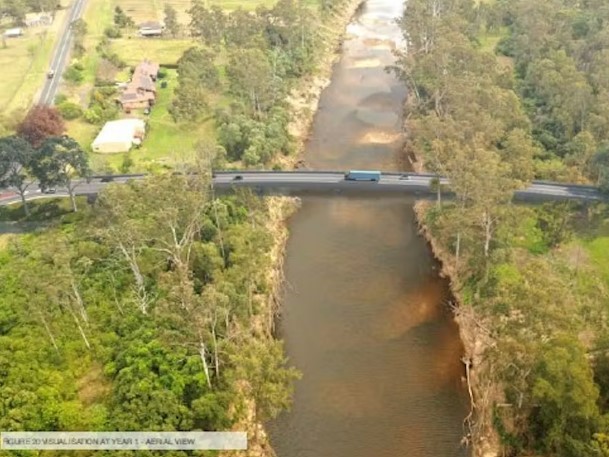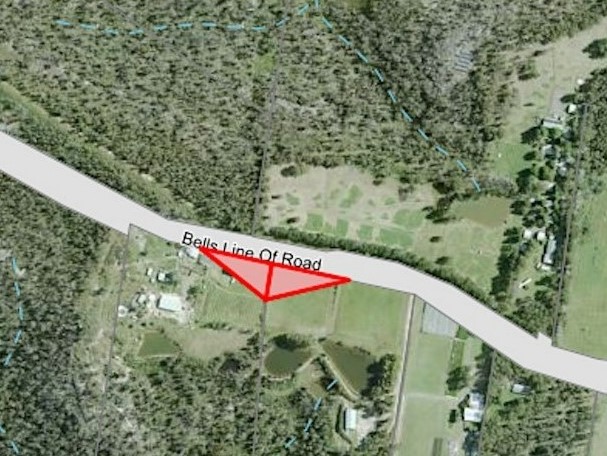The rise of unprecedented extreme weather events requires a rethink of Insurance and a comprehensive disaster resilience plan In the wake of yet another unprecedented extreme weather event leaving many with catastrophic financial losses, ACOSS is calling for a national review of affordable and accessible insurance with a focus on specific supports that will be needed for people experiencing financial disadvantage, and a comprehensive approach to disaster resilience. ACOSS CEO Dr Cassandra Goldie said “The rise of devastating floods and fires experienced in recent years across Australia is set to become more frequent because of climate change, and requires an urgent rethink of insurance to avoid catastrophic social and financial losses. “With an increase in extreme weather events, insurance premiums are rising exponentially becoming unaffordable for the average household and beyond the reach of someone on a low-income. “We are hearing too many stories of people who have just barely recovered from the last flood but couldn’t afford insurance and have now lost everything with no financial means to recover. Many are at risk of falling into poverty, have their poverty entrenched or even end up pushed into homelessness. “The current ‘risk-based pricing’ method of insurance that raises premiums in high-risk areas to motivate people to lower their risk by mitigating or moving, ignores the reality that climate change is increasing risk in most regions in Australia and the barriers that people on low-incomes face to mitigate or move. “Lower-cost housing, including rental properties, are often in areas that are more exposed to extreme weather meaning people on low incomes have fewer choices and lack the financial means, or control if they rent, to mitigate risk. “While there have been several government reviews in the last decade into disaster insurances, they have primarily focused on risk-based pricing, have not adequately considered climate change modelling, and with the exception of recent ACCC inquiry on insurance in Northern Australia, have not addressed affordability for people on low-incomes. “The reality is with catastrophic and unpredictable extreme weather events increasing in all regions across Australia we need to do things differently when it comes to insurance and we must find specific ways to support people and communities experiencing financial disadvantage. ACOSS has also repeatedly called for a comprehensive disaster resilience plan to build more resilience communities and to better support people to prepare, respond and recover from more extreme weather events. Dr Goldie said “Resources are also needed to establish local community-led Community Resilience Hubs, to empower and assist the community in planning, response, recovery and resilience-building that meets their specific needs. Pop-up centres are a band aide solution. “Increased support for the community sector, which provides support for people at high risk, is vital and will enable them to better meet the response, recovery and resilience needs of their communities. “We also need to provide adequate incomes, including increasing JobSeeker and disaster payments, to give people a fighting chance to adapt, respond, and recover.” Please refer to the ACOSS Federal Budget Submission for details on policies to support people to build resilience, respond, and recover from more extreme weather events. An ACOSS briefing note on the need for review of affordable and accessible insurance is available upon request.
Rise of unprecedented extreme weather events requires rethink of Insurance and comprehensive disaster resilience plan
ACOSS
/Public Release.







